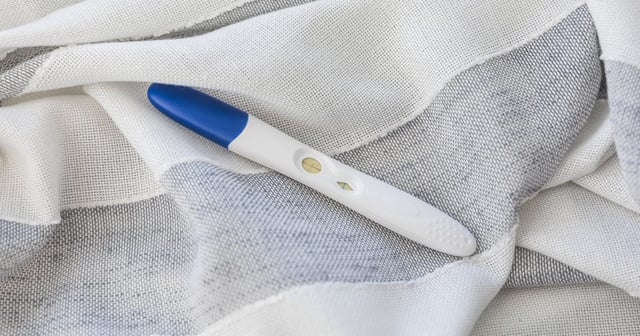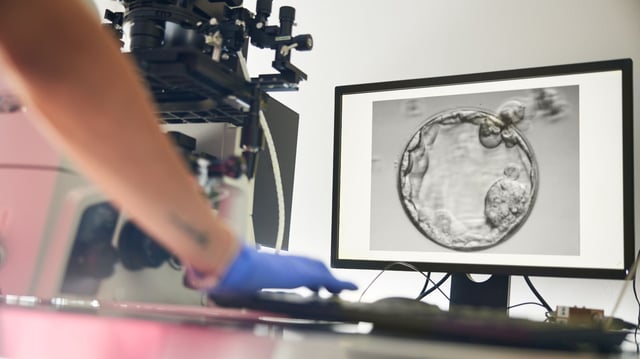Overview
- STAR leverages AI, high-speed imaging and a microfluidic chip to capture over 8 million images per hour for detecting and isolating viable sperm from azoospermic samples.
- In lab tests, STAR found 44 sperm in an hour in samples where embryologists detected none after two days, demonstrating its sensitivity.
- The first clinical case used three sperm isolated by STAR in March 2025 to fertilize an egg via IVF, leading to a pregnancy that is now five months along.
- STAR offers a non-invasive and lower-cost alternative to surgical sperm extraction, costing under $3,000 compared to $12,000–$30,000 typical IVF expenses.
- Currently exclusive to Columbia University Fertility Center, the STAR team is preparing a peer-reviewed publication and outreach efforts to expand access to other fertility clinics.



